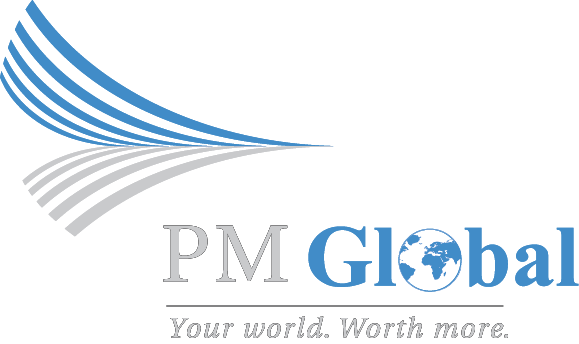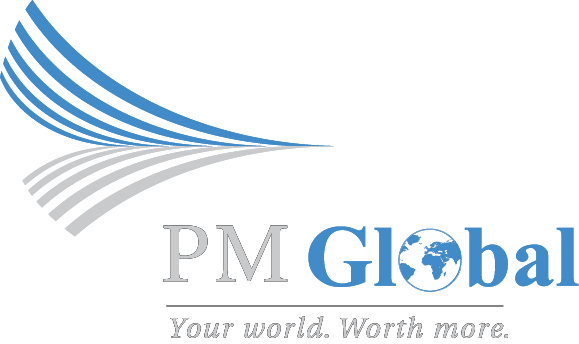On March 27, 2020, President Trump signed into law the Coronavirus Aid, Relief, and Economic Security Act, or the “CARES Act.” The Act is a $2.2 trillion relief bill in response to the coronavirus outbreak and is the largest relief bill in the nation’s history. In addition to myriad types of financial help for everything from businesses to individuals, the CARES Act provides numerous financial relief opportunities for nonprofit organizations, especially those with the tax classifications of 501(c)(3) and 501(c)(19). The following highlights are a summary of CARES Act provisions that will greatly benefit nonprofit organizations.
Paycheck Protection Program
The CARES Act “Paycheck Protection Program” is part of the Small Business Administration (SBA) 7(a) Loan Guarantee Program. Internal Revenue Code (IRC) Section 501(c)(3) and 501(c)(19) organizations with 500 or fewer employees (including full-time and part-time), that were in operation before February 15, 2020, qualify for the benefit of loan amounts up to $10 million. Organizations can receive loans for the lesser of $10 million or 2.5 times average total monthly payroll costs. Lenders will not ask for personal guarantees or collateral to be pledged. There’s also no requirement of an entity to show it could not obtain credit elsewhere, nonprofit organizations must not have applied for or be a recipient of loan funds for similar purposes during the period of 2/15/2020 through 12/31/2020.
Funding obtained from the Paycheck Protection Program is to
be used for payroll costs such as: salaries, wages, vacation,
parental, medical, family, and sick leave (unless previously
qualified for family and/or sick leave under Families First Corona
Response Act, sections 7001 & 7003). Funding is to be used
for mortgage obligations/lease payments/utilities, and cannot
be used for employees with a principal residence outside of the
U.S., or for wages already covered by the Families First Corona
Response Act.
The Paycheck Protection Program provides organization a maximum 2 year loan with a fixed interest rate of 0.50% and permits the first six months of payments (principal and interest) to be automatically deferred. One key provision is organizations that maintain employment for a period of eight weeks after the origination date, or rehire workers by June 30, will have their loans forgiven partially or in full; essentially turning the “loan” in to a “grant.” Be mindful with your financial planning because loan forgiveness will be reduced if there is a reduction in the number of employees compared to prior year. Or, if there is a reduction in wages to any employee of 25 percent or more as compared to prior calendar quarter. However, organizations that re-hire workers by June 30 which were laid-off as a result of the crisis will not be penalized for the reduced payroll. Finally, organizations must apply for loan forgiveness to lenders by submitting required documentation and will receive an answer within 60 days of application.
Employee Retention Payroll Tax Credits
Under section 2301 of the CARES Act, $5,000 refundable tax credits are available for each worker under employment when certain conditions are met. First, an organization must have carried on a trade or business in calendar year 2020. Second, it must also have had business operations suspended (fully or partially) during the current calendar quarter because of governmental orders limiting organizational meetings, travel and commerce due to the coronavirus.
Additional requirements to receive the $5,000 tax credit apply, such as an NFP must have had a reduction in revenues of at least 50 percent in any quarter of 2020 as compared to the same calendar quarter of 2019. The organization’s entire operation must be factored in. Also, 501(c)(3) and 501(c)(19) organizations receiving emergency SBA 7(a) Paycheck Protection Program loans are not eligible for the $5,000 tax credit.
Economic Injury Disaster Loan Program, or EIDL
While the Paycheck Protection Program is solely designed for 501(c)(3) and 501(c)(19) organizations, other classifications of nonprofit organizations have not been left out and have support in other provisions of the Act. As mentioned in Section 1110 of the CARES Act, EIDL provides the opportunity for other 501(c) exempt nonprofit organizations with less than 500 employees to obtain loans at a 2.75% interest rate with the added benefit of eased provisions.
 The opportunity is also applicable to private nonprofit organizations
The opportunity is also applicable to private nonprofit organizations
with 500 or fewer employees and EIDL loans are available in amounts
up to $2 million. The CARES Act expands eligibility for EIDL loans and
waives standard EIDL program requirements, including: a personal loan
guarantee up to $200,000, proof that the nonprofit was in operation for
one year prior to the disaster, and that the borrower had been unable to
obtain credit elsewhere. 501(c)(3) and 501(c)(19) organizations receiving
emergency SBA 7(a) Paycheck Protection Program loans are eligible
for EIDL loans, provided the funds are not used for the same purpose.
In addition, a “$10,000 Emergency Advance” under the EIDL Grant Program is available within three days of applying. Funds from the advance can be used for payroll, rent/mortgage, materials and repaying other loans. The $10,000 advance is considered a grant and doesn’t have to be repaid. Also, if an applicant for the full EDIL loan is eventually denied, organizations won’t have to pay back the $10,000 advance.
Mid-size Organization Loan Program
This program, under Section 4003 of the CARES Act, is being created by the Treasury Department to fill the gap between the Paycheck Protection Program for smaller organizations and the industry stabilization loans available to large businesses. It expressly applies to organizations between 500 and 10,000 employees, and is designed so organizations can retain 90 percent of their workforce at full wages and benefits through 9/30/2020. Interest on these mid-size organization loans will be capped at 2 percent, with no principal or interest payment requirements for the first 6 months. At the time of this publication, the program’s application is in further development.
CARES Act Donor Targeted Programs
In addition to financial assistance stated earlier, the CARES Act includes Section 2204, or the Charitable Giving Incentive, which creates a universal $300 charitable deduction for donations to exempt charitable organizations. Favorably the deduction is considered “above the line” and includes all taxpayers. The giving incentive applies to tax years beginning in 2020 and would be claimed on tax forms in future years. CARES Act giving incentives also include Section 2205, which lifts the existing cap on annual contributions, raising it from 60 percent of adjusted gross income to 100 percent. In addition, for corporations, the annual limit increases from 10 percent to 25 percent, and food donations increase to 25 percent, up from 15 percent.


